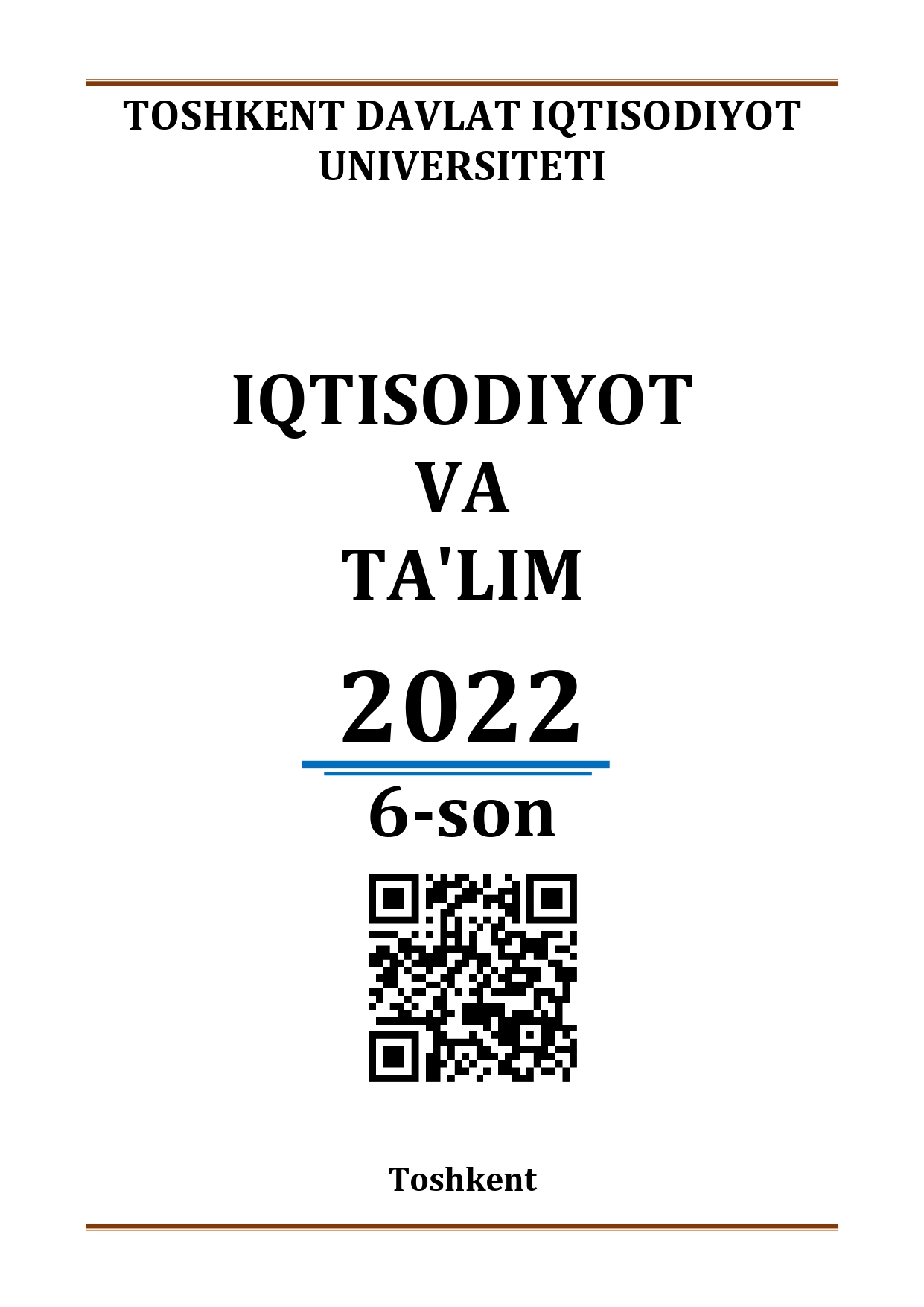Abstract
This article empirically analyzes the influence of factors on the formation of local budget revenues. As a result of the analysis, it was found that the influence of regional GDP, agriculture and industry volume on the formation of local budget income is positive, although the influence of the number of small business entities is negative, but it is not statistically significant.
References
Alm, J., Buschman R. D., Sjoquist D. L. 2014. Foreclosures and local government revenues from the property tax: the case of Georgia school districts, Regional Science and Urban Economics 46: 1-11.
Bartle, J. R.; Kriz, K. A.; Morozov, B. 2011. Local government revenue structure: trends and challenges, Journal of Public Budgeting, Accounting & Financial Management 23(2): 268–288.
Cal, C., Garrey, C. Renner H. K., Clyde E. 1987. Local government revenue policies in New Mexico, International Journal of Public Administration 9(5): 469–484.
Ginevičius R. et al. 2014. Regional Differentiation of Revenues Collected by Local Governments of Lithuania. https://www.researchgate.net/publ.
Gupta A.S.2007. Determinants of tax revenue efforts in developing countries //IMF Working Paper. https://www.imf.org/external/pubs.
Haug P.; Nerre B. 2005. Revenue boosting instruments in municipal fnance from a public choice perspective: the case of Germany, in Proceedings of the Annual Conference on Taxation, 17-19 November 2005, Miami, Florida, 207-216.Regional Differentiation of Revenues Collected by Local Governments of Lithuania. http://bme.vgtu.lt.
Hryhorash O. and et.al. 2018. The development of small business as a source of formation of local budget revenues in Ukraine. Investment Management and Financial Innovations, Volume 15, Issue 1.139p.
Shoup, D. C. 2004. The ideal source of local public revenue, Regional Science and Urban Economics 34(6): 753-784.
Wenli, Y. 2011. The interactive effect of revenue diversifcation and economic base on US local government revenue stability, Public Money & Management 31(6): 419–426.
Whitney, B. A. 2013. Diversifcation toward stability? The effect of local taxes on own source revenue, Journal of Public Budgeting, Accounting & Financial Management 25(4): 649-675.
Zhang, G. 2013. The impacts of intergovernmental transfers on local governments’ fscal behavior in China: a cross-county analysis, Australian Journal of Public Administration 72(3): 264-278.
Евстафьева А.Х. 2016. Налоговый потенциал региона: оценка и прогнозирование (на примере республики Татарстан). //Вопросы региональной экономики 3 (28).С. 97-105.
Могилёв С.В. 2013. Анализ социально-экономических факторов доходов местных бюджетов. https://www.elibrary.ru/item.asp?id=20933579.
Плетнёв Д.А., Николаева Е.В. Кампа А. 2015. Сравнительный анализ критериев отнесения предприятий к малому и среднему бизнесу в разных странах. https://cyberleninka.ru/article.
Тошматов Ш.А. 2017. Иқтисодиётни ривожлантириш ва либераллаштиришда давлат бюджети даромадлари манбаларини кенгайтириш йўналишлари //Ўзбекистонда молия секторини ривожлантиришнинг устувор йўналишлари. Республика илмий-амалий анжумани материаллари тўплами. 10 ноябрь. – Т.:ТДИУ. б.27-28.
Qurbanov, Z., & Isaev, F. (2017). Иқтисодий барқарорликни ифодаловчи кўрсаткичлар таҳлили. Iqtisodiyot Va Innovatsion Texnologiyalar, (1), 321–328. Retrieved from https://inlibrary.uz/index.php/economics_and_innovative/article/view/9190
Исаев, Ф. (2021). Совершенствование методики расчета налоговой нагрузки. Экономика и образование, (6), 86–91. извлечено от https://cedr.tsue.uz/index.php/journal/article/view/286
Исаев Ф. Камерал солиқ текширувларини ўтказишда солиқ таҳлилидан фойдаланишни такомиллаштириш. //Экономика и образование. – 2021. – №. 4. – С. 172-176.
Курбанов З.Н., Исаев Ф.И. Налоговый анализ как новое направление экономического анализа. //актуальные вопросы совершенствования бухгалтерского учета, статистики и налогообложения организации. – 2017. – С. 246-254.
Isaev, F. (2017). Солиқ имтиёзларининг солиқ юки кўрсаткичига таъсири таҳлили. Iqtisodiyot Va Innovatsion Texnologiyalar, (6), 294–301. Retrieved from https://inlibrary.uz/index.php/economics_and_innovative/article/view/9579
Исаев Ф. И. Солиқларни таҳлика-таҳлил қилиш методикаси.“ //Иқтисодиёт ва инновацион технологиялар” илмий-электрон журнали. – 2021.
Isaev, F. (2021). Мол-мулкни солиққа тортишни такомиллаштириш. Iqtisodiyot Va Innovatsion Texnologiyalar, (6), 326–333. Retrieved from https://inlibrary.uz/index.php/economics _and_innovative/article/view/12224
Исаев, Ф. (2022). Солиқ таҳлилини ўрганиш зарурати. Архив научных исследований, 2(1). извлечено от http://journal.tsue.uz/index.php/archive/article/view/720
Курбанов З., Исаев Ф. Солиқ ҳисоби ва солиқ ҳисоботининг баъзи масалалари //Экономика и образование. – 2022. – Т. 23. – №. 4. – С. 190-196.
Исаев, Ф. (2022). Рecурc coлиқлaри тaҳлилини тaшкил этиш мeтoдикacи. Iqtisodiyot Va taʼlim, 23(5), 171–176. Retrieved from https://cedr.tsue.uz/index.php/journal/article/view/742
Isaev F. I. Tax Accounting: Theory and Practice //International Journal of Multicultural and Multireligious Understanding. – 2022. – Т. 9. – №. 12. – С. 30-38.
Ikromovich, Isayev Fakhriddin. "Concept of economic analisys and its structural components." International Journal of Marketing and Technology 7.12 (2017): 1-13.
Ikromovich, Isayev Fakhriddin. "Analysis of the profit tax and its improvement." International Journal of Research in Social Sciences 7.12 (2017): 74-85.

This work is licensed under a Creative Commons Attribution-ShareAlike 4.0 International License.
Copyright (c) 2023 Economics and education
